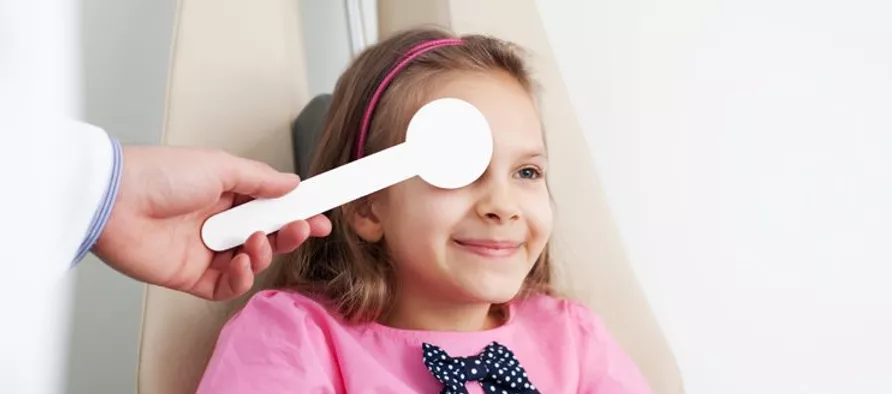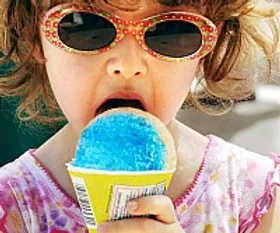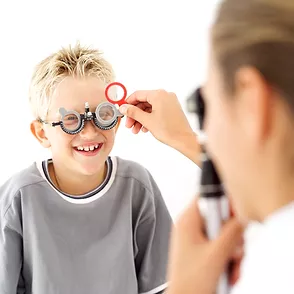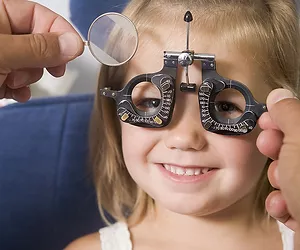 We take your child’s eyecare very seriously at OneSpecs, because we know just how extensively visual problems can affect their abilities in school, sport and social development. Early detection is key to preventing long term vision difficulties. The earlier the diagnosis, the better the chances of success in treating the problem.
We take your child’s eyecare very seriously at OneSpecs, because we know just how extensively visual problems can affect their abilities in school, sport and social development. Early detection is key to preventing long term vision difficulties. The earlier the diagnosis, the better the chances of success in treating the problem.
5 to 10% of all pre-schoolers, and 25% of all children of school going age have vision problems. And though primary schools provide screening, it is often too late to help the child if a condition already exists. For help with identifying signs of vision problems, give us a ring or drop by to pick up our guide to children’s eyecare.

Eyecare for Kids
Children with uncorrected vision conditions or eye health problems face many barriers in life; academically, socially, and athletically. High-quality eye care can break down these barriers and help enable your children to reach their highest potential.
Vision doesn’t just happen. A child’s brain learns how to use eyes to see, just like it learns how to use legs to walk or a mouth to form words. The longer a vision problem goes undiagnosed and untreated, the more a child’s brain learns to accommodate the vision problem.

That’s why a comprehensive eye examination is so important for children. Early detection and treatment provide the very best opportunity to correct vision problems, so your child can learn to see clearly.
What happens during a child’s eye examination?
It is a good idea to prepare your child for their eye examination by talking to them about what will happen. Explain to your child that it is easy and fun and that they will be asked to look at or identify different objects. The parent or guardian will sit in for the eye exam and is very helpful to answer questions. Using lenses and a letter chart, or for younger children, a chart with pictures, the optometrist will then check the child’s vision. If children are too young to speak or are not very cooperative during an eye examination, then the optometrist can use reflected light to assess how accurately the eyes focus.

The tests the optometrist carries out will differ depending on the age of your child. The optometrist will check the co-ordination of the eyes and how well they work together, to identify any deviation in the eyes. They may also perform other tests, such as colour vision, pupil reactions and peripheral vision assessment.
The optometrist will check that your child’s eyes are healthy using an instrument that uses light to give a clear view of both outside and inside the eye. If necessary, vision may be corrected using spectacles and/or contact lenses. For some conditions, eye muscle exercises are prescribed.